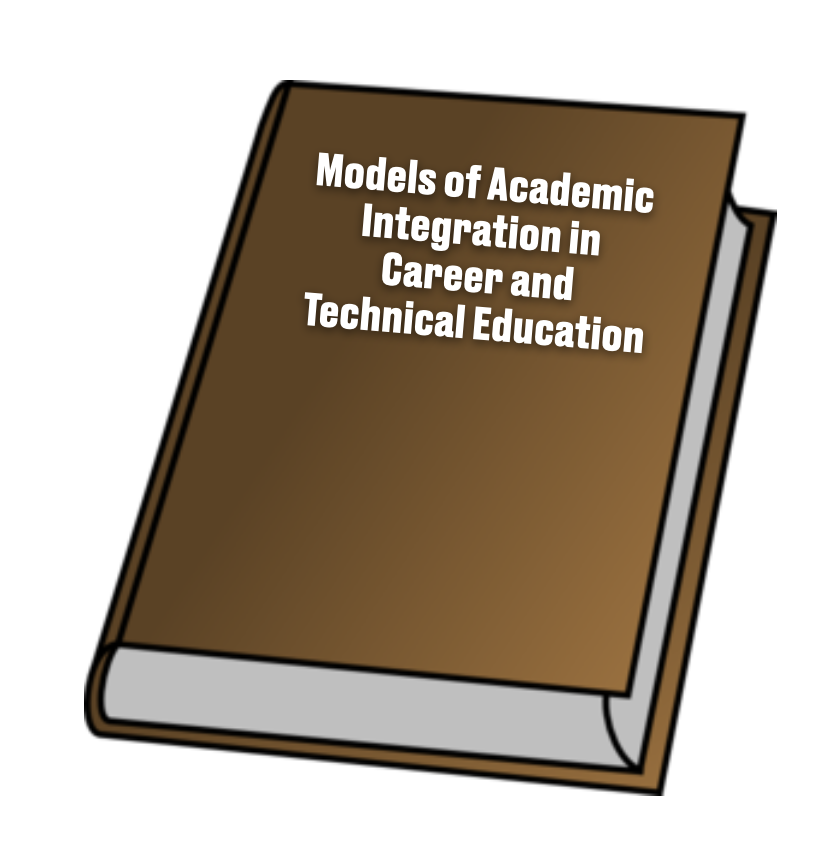
I am excited about my current writing project in CTE. ACTE has agreed to publish a book on Models of Academic Integration in CTE.
This book is needed because the integration of connecting academic concepts in Career and Technical Education (CTE) programs is losing momentum. There was a burst of activity when Common Core was introduced in many states a decade ago; however, the politics of common core dwarfed the significance of this effort. Now, most states have settled in with their own version of academic standards, even though much of this work is duplicated in CTE standards. The July 1, 2019, introduction of Perkins V CTE legislation stressed the importance of academic standards. While connecting CTE students’ accountability included academic achievement, most students will meet these benchmarks with little effort from CTE instructors. CTE Academic integration is not just important because it is established in regulation; it is important for student success. The message from industry leaders is clear that they desire employees with technical expertise and professional skills such as critical thinking, analytical skills, problem-solving, and communication (writing and speaking). CTE must continue to embed these skills in CTE projects and student work.
In public forums, many question “college for all” goals for student achievement. This is an opportunity for the growth of CTE, not as an alternative to academic college prep but as a joint venture to develop student ability to apply cognitive skills and knowledge in real-world CTE projects. Many successful models build connections with academic subjects, such as career academies, team teaching, and high-level CTE courses. No single model will serve every school setting. There is a need for a comprehensive reference for school and CTE leaders to display the various models for CTE integration.
This publication will describe why CTE Academic integration is essential and existing models for connecting CTE and Academics. It will offer case studies as suggestions for school leaders to implement academic integration in their school setting. The target audience for this publication is school administrators and Career and Technical Education Leaders. CTE directors, high school principals, and district curriculum and instruction leaders can better support CTE instruction by understanding the many options and models for connecting academic concepts with CTE instruction.
We are partnering with several education practitioners familiar with each model to share their perspectives, experience, and suggestions for administrators to support each model successfully.
If you would like to learn more or have suggestions on content for this publication, don’t hesitate to contact me. The goal is to have this complete by the end of the year,

